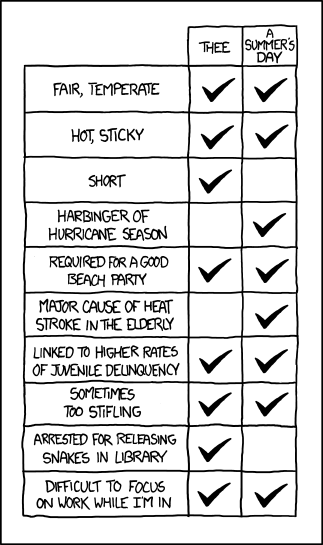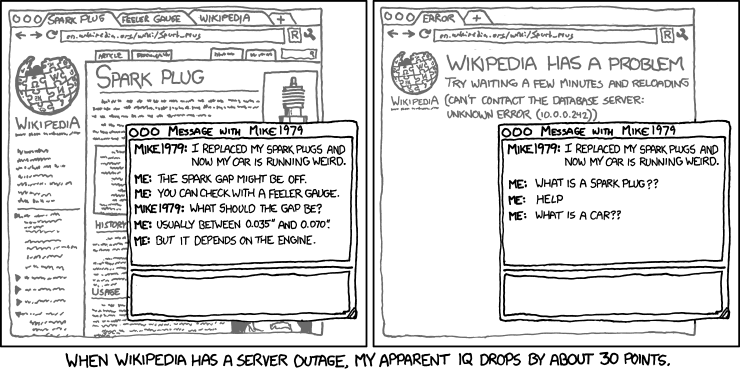More than before she finds felicity
At hand, within, without, without a doubt.
Unfortunate conditions round about
Divert attention from her need to key
Emotions into opportunity,
Coaslescing energy to flout
Man made blocks, internal locks, whose rout
Appears essential for heart's harmony.
Unperturbed, frustration fought, she
Defeats dismay, demands free flight. Love's drought
Ends offering expansion, joy throughout.
Coincidence coins serendipity.
Meaning, which below horizon hid,
Comes clear: fears, tears, fade, open inner lid.
At hand, within, without, without a doubt.
Unfortunate conditions round about
Divert attention from her need to key
Emotions into opportunity,
Coaslescing energy to flout
Man made blocks, internal locks, whose rout
Appears essential for heart's harmony.
Unperturbed, frustration fought, she
Defeats dismay, demands free flight. Love's drought
Ends offering expansion, joy throughout.
Coincidence coins serendipity.
Meaning, which below horizon hid,
Comes clear: fears, tears, fade, open inner lid.
In this poem, I saw a lot of myself. Maybe a sugarcoated version of myself, but that can be dismissed by either (a) I see my situation as worse than it actually is, or (b) what else do you expect from a sonnet? Either way, I can still see a lot of parallels between this sonnet and my slow, halting recovery from my illness. For the first, I'm absolutely sure this isn't what the author meant, but the phrase "she finds felicity at hand" reminds me of my amulet bracelet that I've been wearing for months. It brings me calm, and in a way, happiness. Lines 3–5 ring especially true for me, as my illness has redirected so much of my time and energy towards necessities, and away from life's real opportunities that I would have taken in health. However, the rest of the poem is more disconnected from my story. The remainder speaks of joyful perserverence and a final victory, which (I struggle to phrase this; I don't know whether to say "...which I haven't achieved" or "...which God hasn't yet granted me", and I find myself getting emotional. I guess I'll just have to put it in the vaguest terms possible) is not true of my life. Still, for a girl two and a half years into waiting for a miracle, the title phrase "coincidence coins serendipity" offers the most precious commodity: Hope.


![it isn't the same without Mr. Munroe's original title text: "Fine, walk away. I'm gonna go cry into a pint of Ben&Jerry's Brownie Batter(tm) ice cream [link], then take out my frustration on a variety of great flash games from PopCap Games(r) [link]."](https://blogger.googleusercontent.com/img/b/R29vZ2xl/AVvXsEibY3_jJTF2WZY_Ehmr_oOWA6C1nrFcYdQnJYF9_v0eM48yZLyCLiL-D3Q-SMqjhHyrV-0Bavn-5KoyqlK3TbyyzP1NHOX1EdSrzI7zupodP5ijbnQ-Lgt25ZyG9IRrduN4ic8SPpetusE/s1600/suspicion2.jpg)